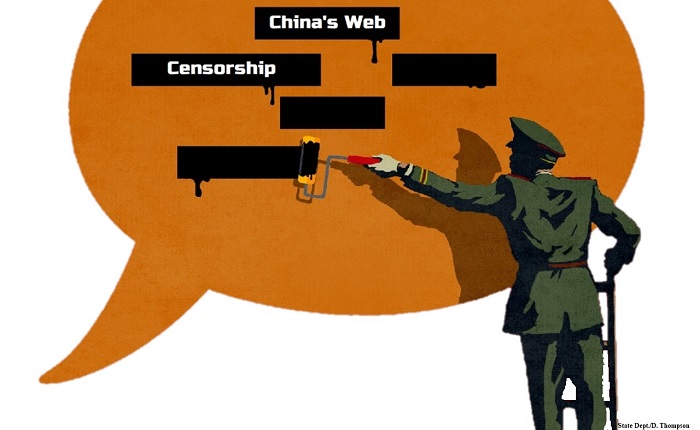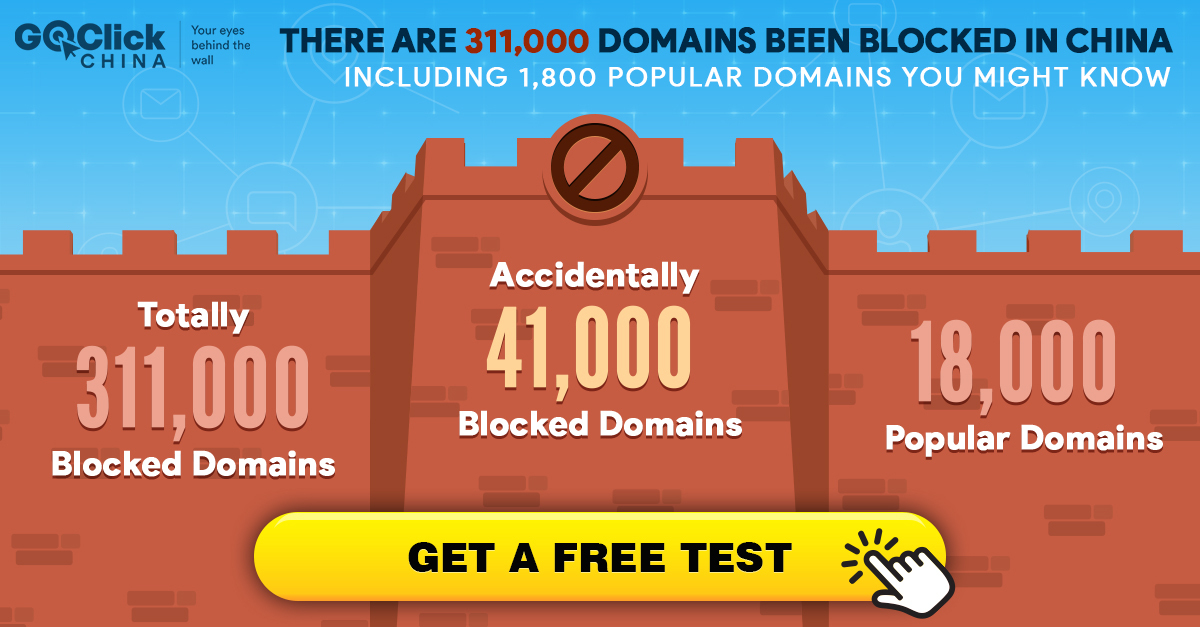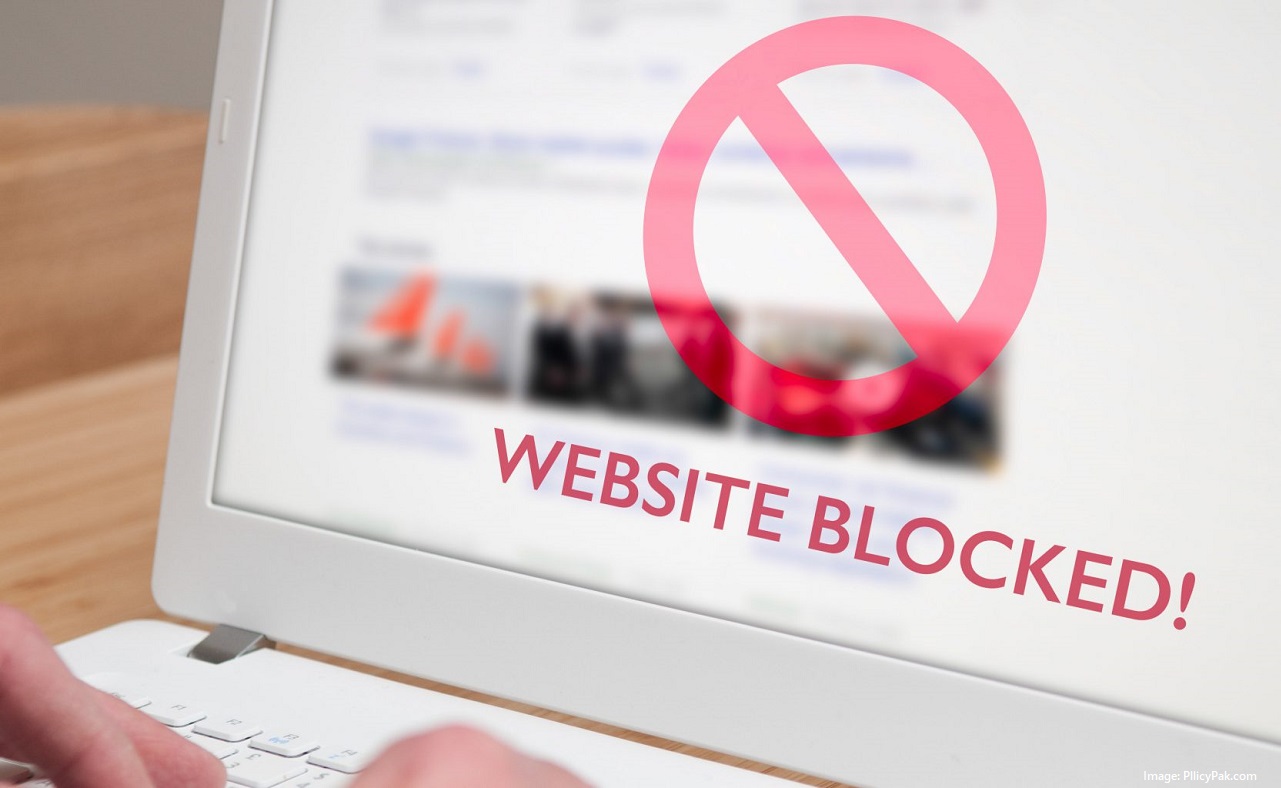One of the best ways to promote website activity and traffic is by creating a blog. This content strategy allows you to showcase your expertise on niche topics related to your business, as well as target your intended audience using SEO or search engine optimization. However, in China, there are some interesting topics that may not be safe to freely talk about.
If you are not careful, your website may be flagged for promoting inappropriate content, resulting in bans that could render your website inaccessible to users. Recently, there has been an uptick in the following topics being considered “sensitive.” Some of these topics have recently been banned by the government so you need to be very careful in discussing these topics to protect your website’s standing.
#1: Private tutors
Dubbed the "double reduction," China recently issued new rules aimed to ease study hours and homework. China’s government is doing this to help prevent costly education and reduce academic pressure on kids. The impact was felt by the education industry as a ban on private tutors was initiated. This crackdown has caused a lot of disruption within the booming online education industry and eventually trickled down to issues for hiring foreign teachers. If you want to talk about this topic, perhaps you can share information on actual policy changes issued by the government, and provide possible alternatives to foreign teachers who may be affected by this recent change.
#2: Cryptocurrency
It may not be surprising that China finally banned crypto mining last June, but it still made waves among the financial community. So why did the ban happen? First, crypto mining has a direct effect on electricity prices as well as increasing greenhouse gases due to its energy use. It also makes it difficult for the government to control data activity. However, cryptocurrency remains a popular topic especially during the pandemic; the rise of NFTs (non-fungible tokens) is also a hot topic. If you want to touch on this subject, perhaps you can expound on what it is and how China’s government is looking at it from a legal and management perspective. Steer clear of providing tips on how to engage in cryptocurrency within China.
#3: Kids playing video games

Just recently, the government has implemented new guidelines to control children’s gaming time. Children under the age of 18 are only allowed an hour of play time between 8 p.m. to 9 p.m. every Friday, weekends, and on public holidays. This is a step to prevent kids from becoming addicted to video games. However, this has become a sensitive topic in China’s gaming industry because it has put a strain on game developers. If your business is involved in gaming, you can provide updates on regulations as the government continues to roll these out. You can also look into potential alternatives and apps that can help parents monitor their kids’ gaming time.
#4: Communism
Talking about communism is a slippery slope that could expose you to misunderstandings. Also, touching on this subject might inevitably lead to discussion about Mao Zedong, who is a revered figure in China. It is important to note that China’s brand of communism is different from other countries as China encourages homegrown businesses despite this type of governance. Make sure you stay neutral when discussing communism and adhere to the same tone as the Chinese government when discussing communism in China. Focus on business potential and its positive impact on the local economy as well as the historical rise of China-grown enterprises.
#5: COVID-19
Due to the sensitivity of its origins, talk about COVID-19 within the realm of what is being presented in the local news media or in official announcements from the government or WHO. You should avoid criticism that refers to China as the alleged source of the virus, or puts Chinese eating habits in a bad light. Chinese netizens might presume these comments are derived from the West’s negative perception of Chinese culture, which makes this discussion point toxic. So stay factual and avoid delving into conspiracy theories especially when it comes to how COVID-19 started. Highlight efforts by the government to curb the spread and focus on disseminating information about proper health protocols.
#6: Celebrity culture and fan groups

This may sound unusual, but it seems Beijing is now trying to reform social culture. As a result, there has been a crackdown on celebrities and their respective fan groups. Yes, celebrities--singers and actors/actresses--are being evaluated for their social influence. As a result, platforms can no longer publish lists of popular celebrities, and fan groups must be regulated. This is a hot topic that you can discuss on the basis of how regulations might evolve over time. Another strategy is to go on the defensive and ensure that your website does not mention or appear to be endorsing celebrities who could be under investigation to avoid your website from being flagged.
#7: Taiwan and Hong Kong
If you need to mention Taiwan or Hong Kong on your website, be very careful. Cultural references can also be tricky, even geographic references that might label these entities as a country. So unless absolutely necessary, refrain from discussing political topics. Stay neutral. Stay away from controversial topics that might sound unfavorable towards the government. However, if you want to talk about politics or society, focus on topics being promoted by the government such as the Belt and Road initiative as well as measures to curb the COVID-19 pandemic in China.
#8: Religion
Religion is not banned in China, and is not as heavily regulated like in some Muslim countries. For the most part, China is tolerant of different religions. However, it would be wise not to take an overly religious tone online. Technically, the government swings more to the atheist side of the religious spectrum. You should avoid trying to seem like you are trying to influence people to join a particular religious organization especially if your business is unrelated to religion. If your business is involved in tourism, you can tie religious topics to travel opportunities within China and promote some of China’s famous religious attractions. Focus on history, and capitalize on travel aspects of religion in China. Or if you want to focus on spirituality, it may help to frame it from the tenets of Confucianism as this is closely tied to China’s history. Confucian principles are practical in nature and also more encompassing, without being overly critical of other religions.
#9: Effeminate men
In an effort to promote what it perceives to be a healthy society, the government also placed a ban on showcasing effeminate men in the entertainment industry. Some say this is also an attempt to curb influences from South Korea and Japan. However, the recent set of rules are quite controversial. As a countermeasure, if you perceive your business may be affected, you should ensure male portrayals are on the neutral side on your website. Stay informed when it comes to specific guidelines from the government and look at how examples are presented so you can pattern your messaging after these examples.
#10: Freedom of speech

Chinese citizens enjoy freedom of expression. However, the rules may be different and much more restricted than in the West. Individualism is supported, but there is also heavy emphasis on putting the State’s security and future first. So when it comes to marketing promotions and business positioning, you need to be mindful of how much independence you convey on your website. Focus your website’s messaging on being a provider of options, or of enriching lives through your services, instead of emphasizing liberation or anything that denotes a fight against oppression.
Considering all of these sensitive topics mentioned above, there is definitely a need to focus on your website’s overall content aside from merely technical issues such as hosting and network speeds -- although those issues are also important. You should be mindful of how your website text appears to government moderators and the Great Firewall of China to avoid any untoward incident such as getting your website blocked. This might mean a recalibration of your SEO strategies as well, ensuring that your website keywords can both fulfill these new guidelines while being consistent with your business’ operational strategy.
It is important to note these rules change frequently, and with China’s rapidly changing political climate, the best strategy would be to partner with an agent in China who can alert you of these changes.
To learn more about succeeding in the China, check out our other articles.
If you want to learn more about testing in China, check out our solutions.




